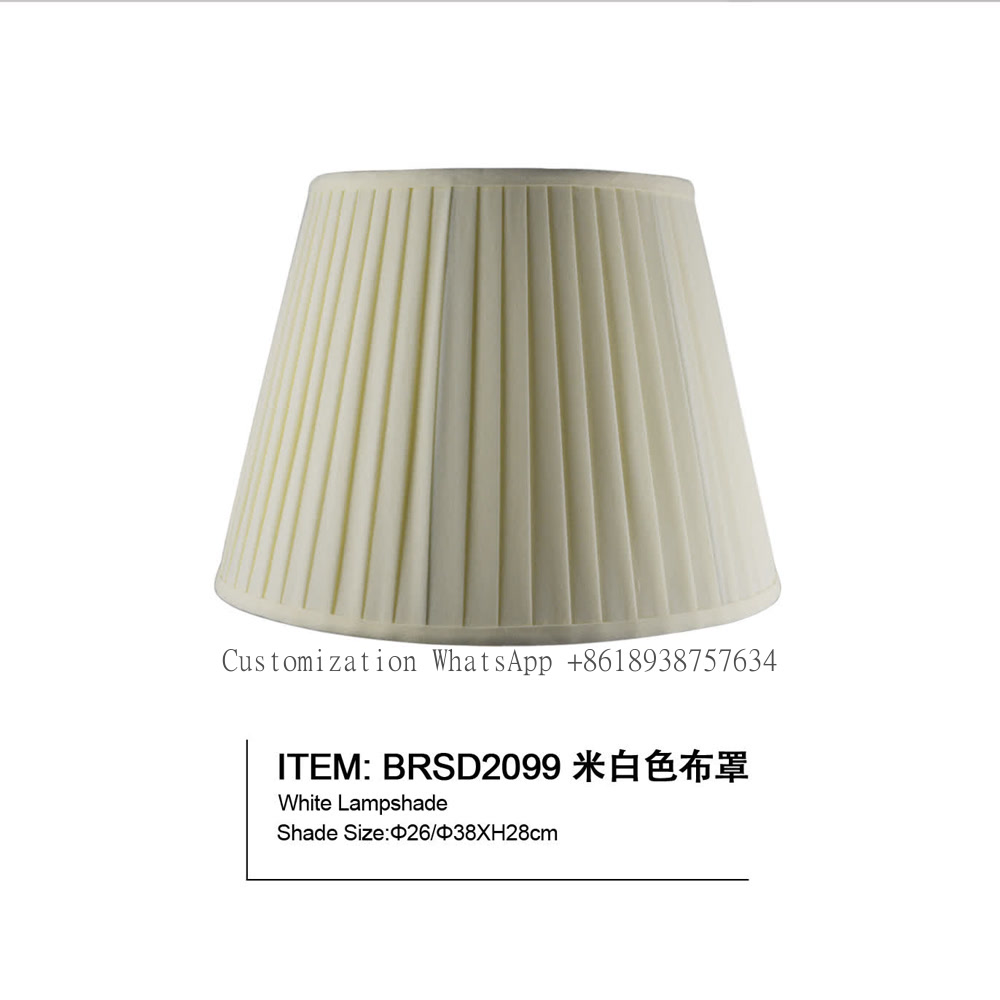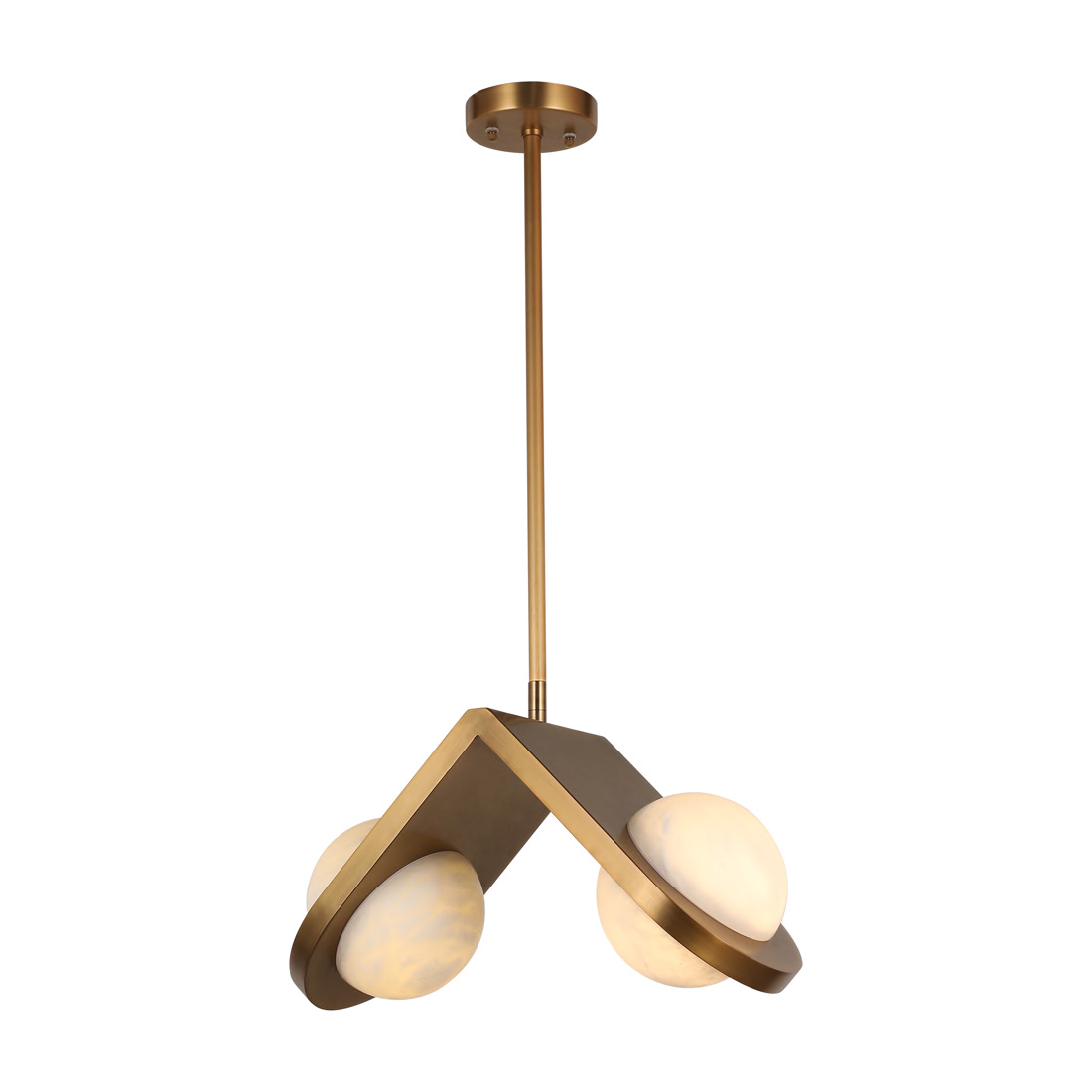Understanding the Effects of Color Temperature of Lampshades on Table Lighting
Understanding the Effects of Color Temperature of Lampshades on Table Lighting
When it comes to interior design, lighting plays a crucial role in enhancing the ambiance of a space. One aspect of lighting that often goes unnoticed is the color temperature of lampshades. This article delves into the effects of color temperature on table lighting, providing valuable insights for homeowners and interior designers alike. In this discussion, we will explore different color temperatures, their impact on mood and functionality, and how to choose the right lampshade to complement your space.
What is Color Temperature?
Color temperature is measured in Kelvin (K) and describes the warmth or coolness of light emitted by a lamp. It ranges from warm white light at around 2700K to daylight at about 6500K. The choice of color temperature can significantly affect the atmosphere of a room. Here’s a brief overview of the typical color temperatures found in lamps:
| Color Temperature | Kelvin Range | Characteristics |
| Warm White | 2700K - 3000K | Creates a cozy and inviting atmosphere, ideal for relaxation. |
| Neutral White | 3500K - 4100K | Balanced light perfect for workspaces; promotes focus and alertness. |
| Cool White | 5000K - 6500K | Simulates daylight and enhances visibility; often used in offices. |
The Psychological Effects of Color Temperature
The color temperature of table lighting can have profound psychological effects on individuals. Warm white light (2700K - 3000K) often evokes feelings of comfort and relaxation, making it suitable for living rooms and bedrooms. In contrast, cooler temperatures (5000K - 6500K) are more stimulating and can promote alertness, which is why they are popular in work environments.
Warm White Lighting
Warm white lighting is often used in personal spaces where emotional comfort is desired. Think about how you feel when you dine under the warm glow of a candle or a lamp with a warm lampshade. It instills a sense of tranquility and intimacy.
Neutral White Lighting
This color temperature is ideal for kitchens and workspaces, where a clear, neutral light can enhance visibility without being harsh. Neutral white lighting is often preferred for activities requiring focus, such as reading or studying.
Cool White Lighting
Cool white lighting closely resembles natural daylight, making it an excellent choice for areas lacking natural light. It's beneficial in places where precise tasks are performed, like offices or studios. Nonetheless, it can feel sterile if overused in living areas.

When selecting a lampshade, it is vital to consider how the chosen color temperature will interact with the specific room environment. Let’s take a look at some practical applications:
Choosing the Right lampshade Color Temperature for Table Lighting
When selecting lampshades for your tables, consider the function and mood you want to create. Below are a few tips:
1. Consider the Room's Purpose
If you intend to use the space for relaxation, opt for warm white lampshades. For a workspace or study, consider neutral or cool white options to enhance focus.
2. Try Before You Buy
Lighting can look different in-store than it does at home due to surrounding colors and materials. If possible, test a lampshade in your space before finalizing your purchase.
3. Layer Your Lighting
Using a combination of lamps with different color temperatures can create a dynamic and inviting atmosphere. For example, pair a warm white Table lamp with a cool white overhead light for versatility.
How Color Temperature Affects Décor
The color temperature of your lampshade can either enhance or detract from your home décor. Here’s how:
Warm white light enhances wooden furniture and earthy tones, adding depth and warmth to a room. In contrast, cool white lighting complements modern, minimalist styles well, emphasizing sleek lines and bright colors. If you have a combination of styles, consider using lighting as a way to harmonize various elements of your decor.
Additional Considerations
In conclusion, the effects of color temperature of lampshades on table lighting can profoundly influence the mood and functionality of your living spaces. Here are some final considerations:
- Dimmer Switches: Consider installing dimmer switches to adjust the color temperature's intensity, allowing for flexibility in ambiance.
- Light Bulb Selection: Remember that different light bulbs can emit different shades of the same color temperature, so choose wisely.
- Maintenance: Clean lampshades regularly to ensure they emit light effectively; dust can affect the quality of lighting.
By understanding and experimenting with the effects of color temperature, you can significantly enhance your environment, turning any space into a captivating visual experience. Whether you're redesigning an office, refreshing a living room, or simply changing out a lampshade, keep the power of color temperature in mind for dynamic table lighting.
